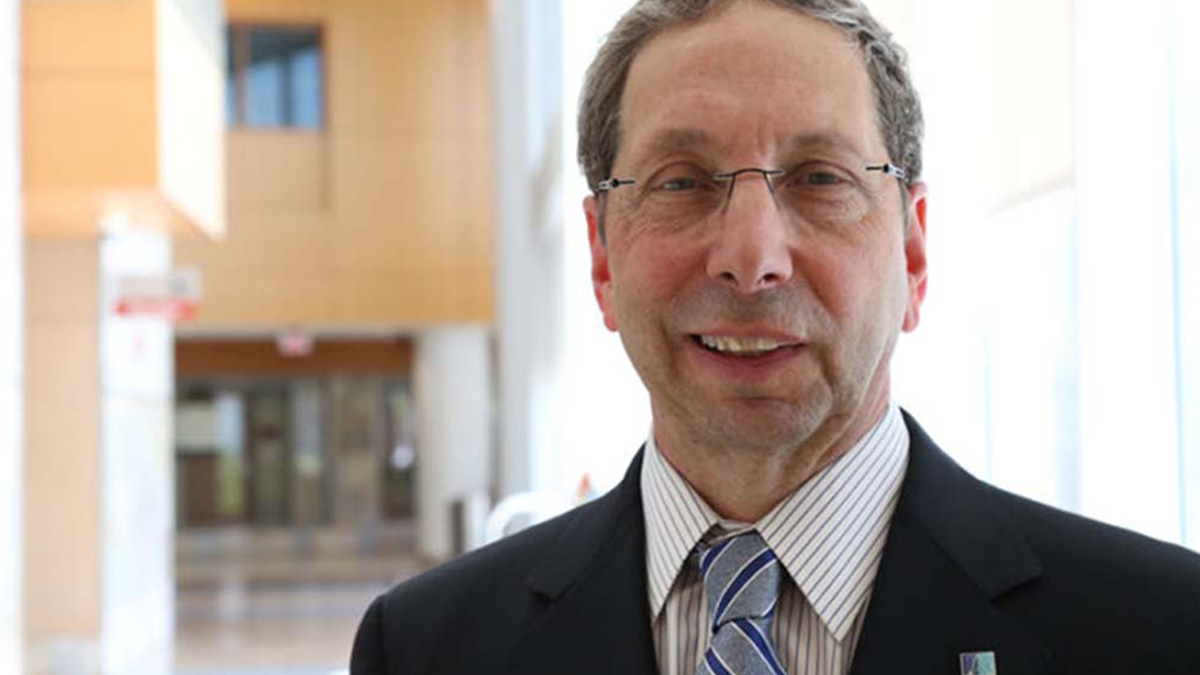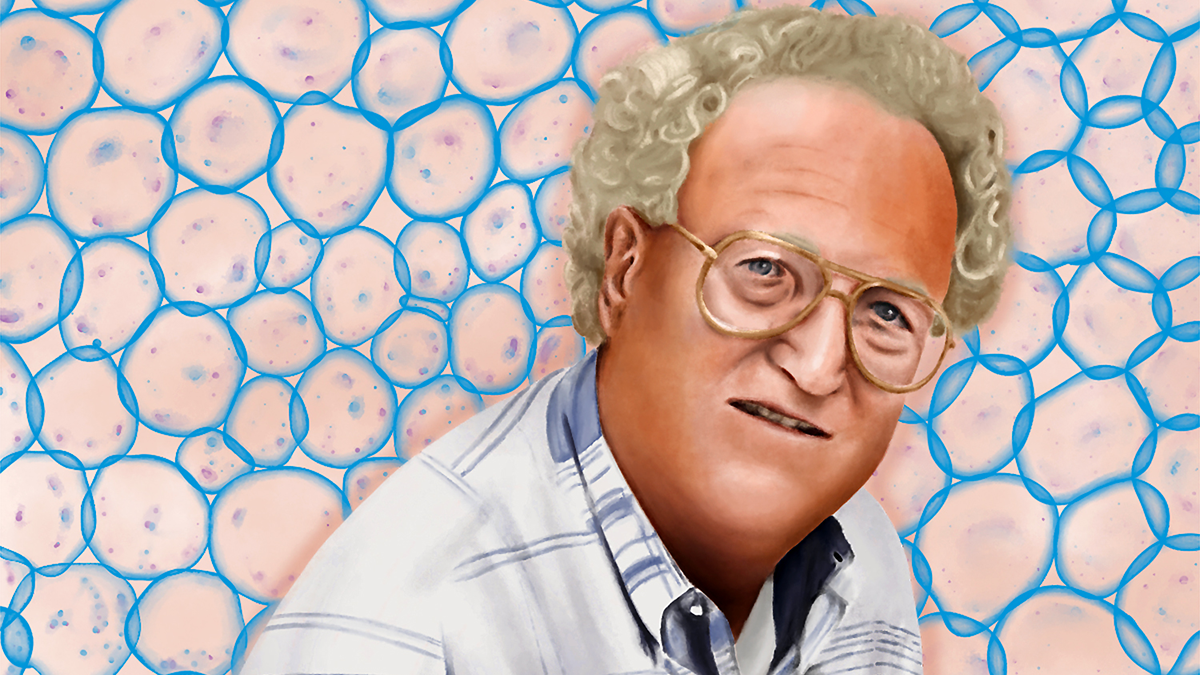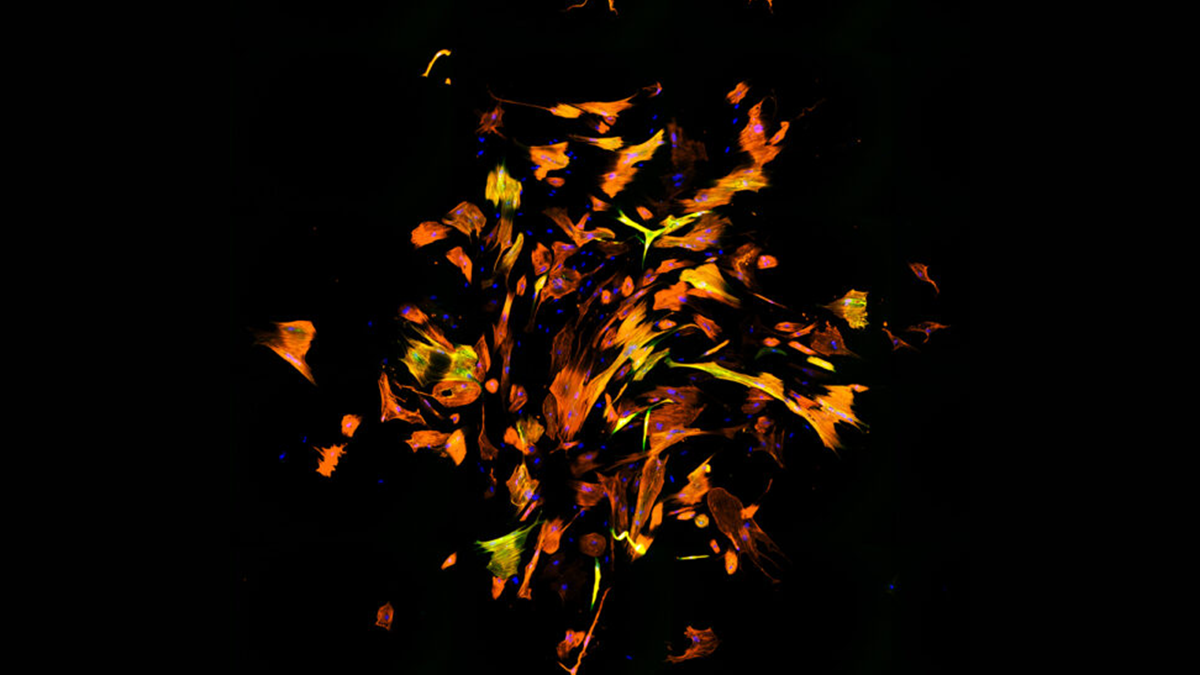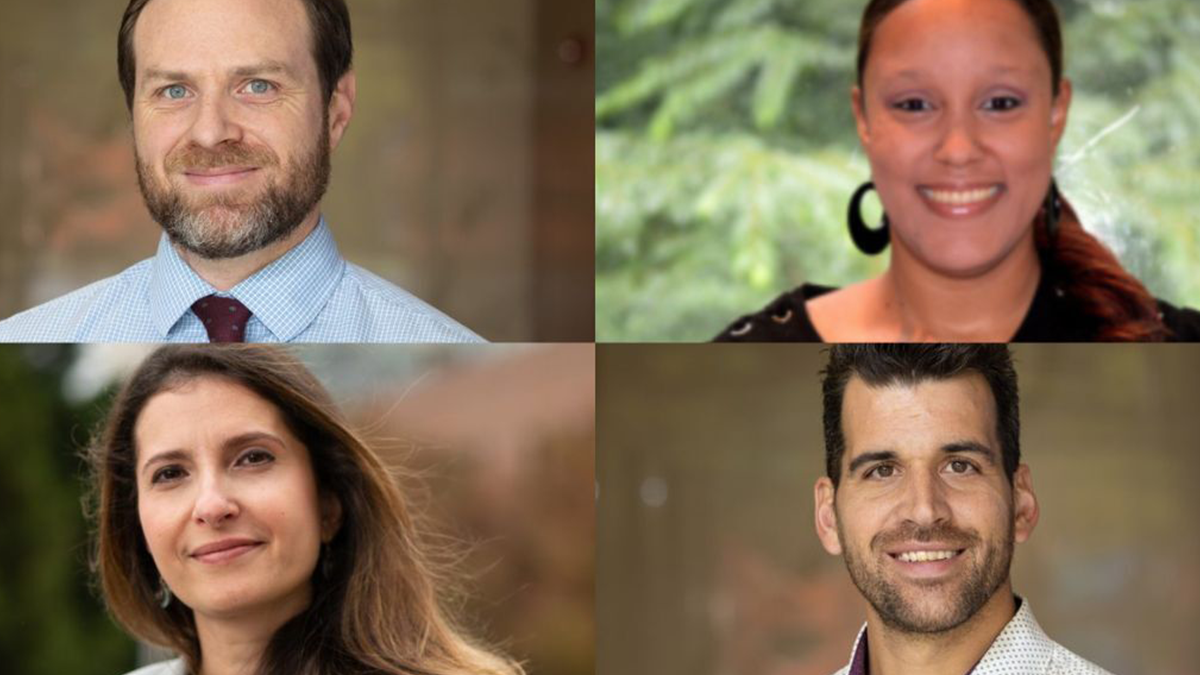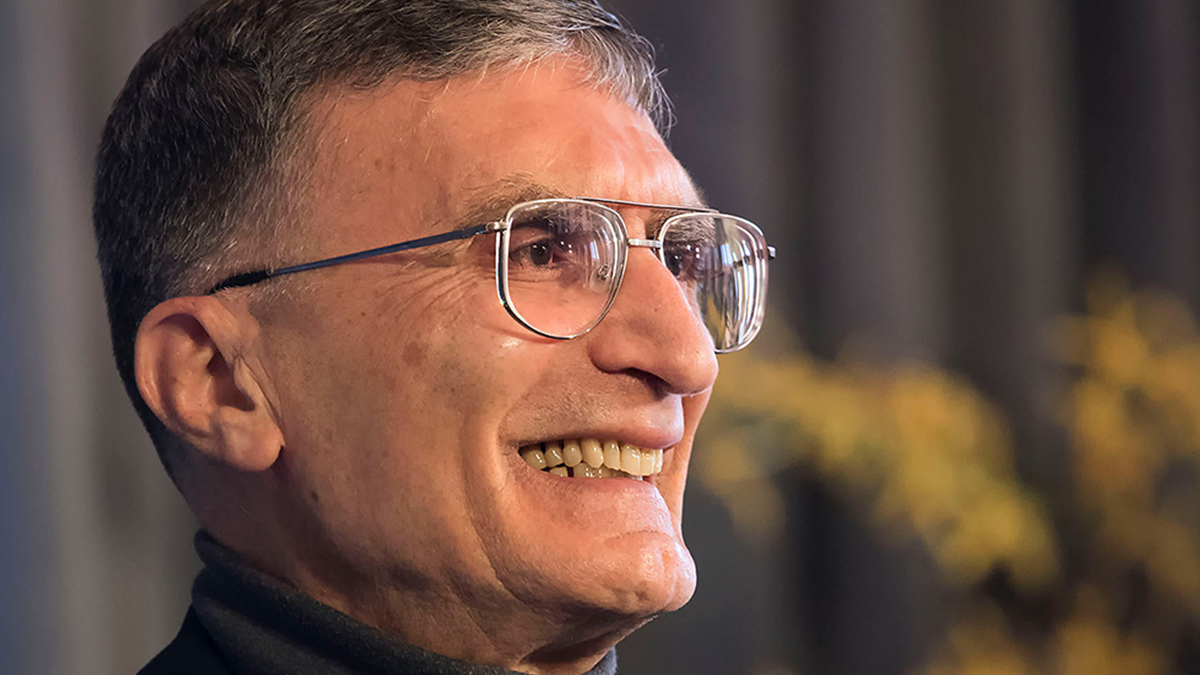Effects of Amygdala Overgrowth
Scientists identify overgrowth of key brain structure in babies who later develop autism
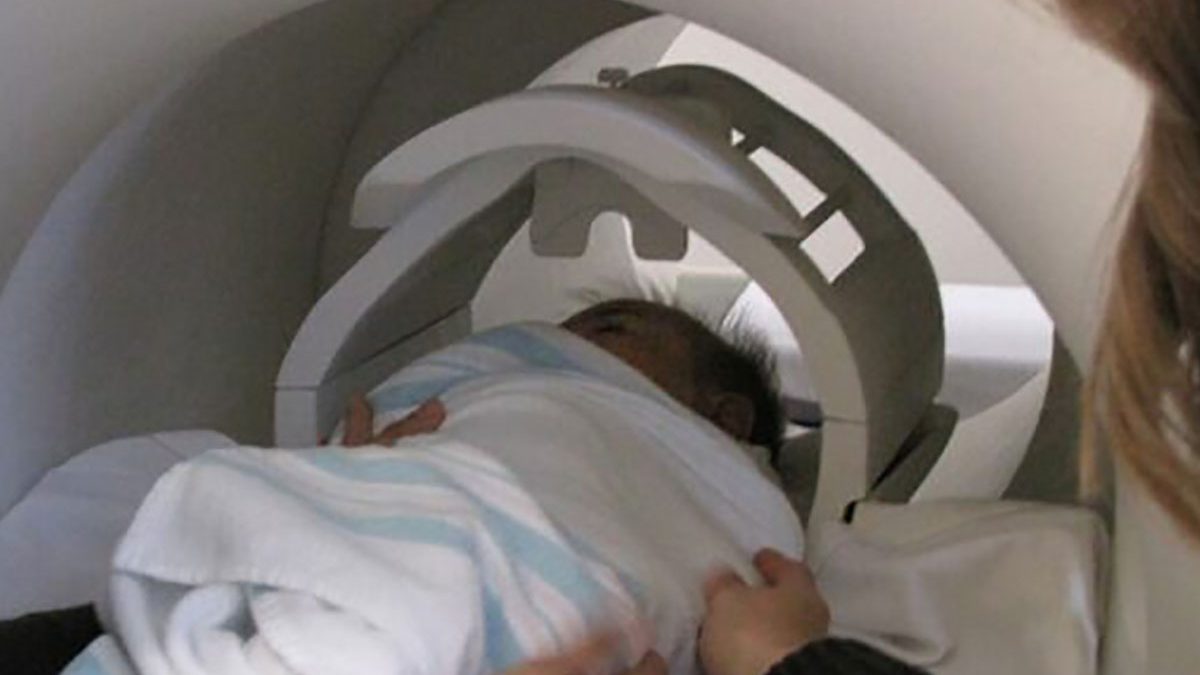
Scientists identify overgrowth of key brain structure in babies who later develop autism
The amygdala is a small structure deep in the brain important for interpreting the social and emotional meaning of sensory input. Researchers from the Infant Brain Imaging Study (IBIS) Network, used magnetic resonance imaging (MRI) to demonstrate that the amygdala grows too rapidly in infancy. This research was supported by grants from the Eunice Kennedy Shriver National Institute of Child Health and Human Development, National Institute of Environmental Health Sciences, and National Institute of Mental Health along with Autism Speaks and the Simons Foundation.
Published in the American Journal of Psychiatry, the research demonstrated that infants with fragile X syndrome already exhibit cognitive delays at six months of age, whereas infants who will later be diagnosed with autism do not show any deficits in cognitive ability at six months of age, but have a gradual decline in cognitive ability between six and 24 months of age.
“Our research suggests an optimal time to start interventions and support children who are at highest likelihood of developing autism may be during the first year of life,” said senior author Joseph Piven, M.D., professor of psychiatry and pediatrics at UNC-Chapel Hill.
Find out who led the research and more information about the findings…Opens in new window
